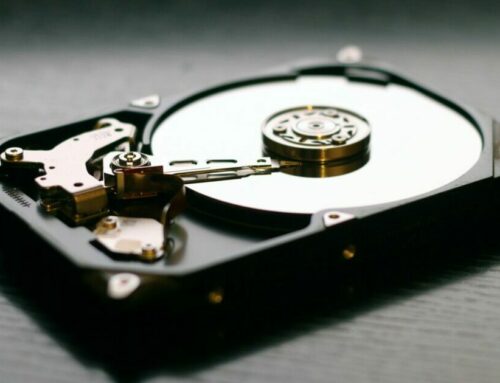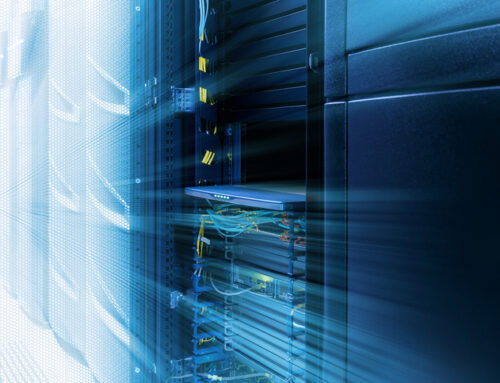Network attached storage (NAS) is a great choice for many small-to-midsize companies looking for an on-site storage system that balances flexibility and cost.
While NAS may not offer the speed of direct attached storage (DAS) or storage area networks (SAN), what it makes up for in budget, simplicity, and scalability compared to your other options may make NAS’s slightly reduced speed worthwhile (and maybe not even noticeable, depending on your requirements).
Today, we offer a few tips for making the most out of one of the most popular storage system options available today.
Understand and Choose Your RAID Levels
RAID (Redundant Array of Independent Disks) arrays consist of multiple disks that act as one in order to provide redundancy and better performance for your NAS system. One of your first steps in implementing your NAS will be to review the different RAID levels (more on that in this post) and decide what is best for your needs. RAID 5 tends to be a common choice for organizations. However, you’ll want to weigh factors unique to your business, such as:
Risk tolerance and criticality of the data stored: Higher RAID levels mean better fault tolerance, so RAID 5 or higher may be a good bet for mission-critical data.
Budget: Of course, more disks means more cost – so while higher levels are more reliable, you’ll need to consider whether the extra budget is worth it.
Performance needs: Some RAID levels provide better performance, some greater redundancy, and some both. But again, deciding on the optimal performance for your financial investment will be different for different businesses.
RAW VS Usable Capacity: Remember that your chosen RAID level will also impact the total usable storage available. Use a simple online RAID calculation tool to determine the final usable storage space based on hard drive and RAID level configuration.
Decide Whether to Buy or Build
In most instances, turnkey NAS systems are going to be the better choice over building a custom NAS. The potential cost savings of building your NAS is likely to be negligible (if any) and unlikely to be worth the time it takes.
If you’ve been in the networking business for several years, your experience may have been different in the past. Building a custom NAS used to be an option that was more likely worth considering. But with advances in technology and storage availability, that’s usually no longer the case. These days, there are enough options on the market that unless you have an extremely niche storage need, you should be able to find a good turnkey fit.
Consider Your Storage Needs – Now and Later
Crunching the numbers on your storage needs might not be simple, but it will help you make the best investment and setup decisions. Consider your immediate needs and what you can expect to require in the next two to three years. For tips on storage forecasting, check out our recent blog post.
Evaluate Your Security Options
When choosing your NAS hardware and operating system, find out about security features such as encryption, monitoring capabilities, and access controls. Depending on the level of security you require, you may be looking at paying for added capabilities or adding on third-party software. Make sure you understand what is standard, what’s not, and how you can ensure that you have the right level of security for your industry and business needs. If you are more comfortable with Microsoft based systems, look at Dell and HPE solutions. Only Dell and HPE offer NAS systems based on Microsoft operating systems.
Don’t Forget to Back Up
You may be using NAS as part of your backup system itself. If not, keep in mind that utilizing RAID arrays in a NAS will provide better fault tolerance, but it’s not a replacement for having an automated backup system.
For a scalable on-site business storage solution, NAS is one of the first options to consider.
For most businesses, turnkey NAS solutions will be the right way to go. For a successful implementation, you’ll still need to evaluate RAID levels, current and future storage needs, and security options, and also make sure you have automated backup in place.
If you need assistance with your business storage needs, Summit account executives are here to help. Contact an experienced storage expert for a quote or simply to discuss your hardware options. If NAS solutions don’t fit your need, Summit also offers cloud based solutions and on-premise hardware backup products.




